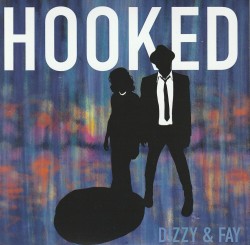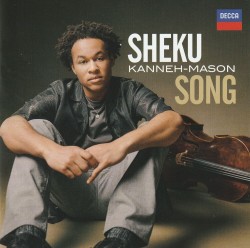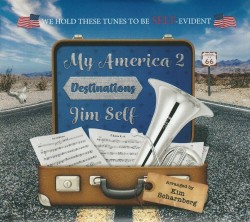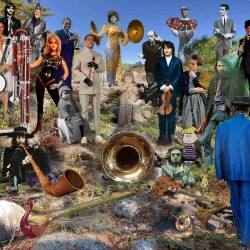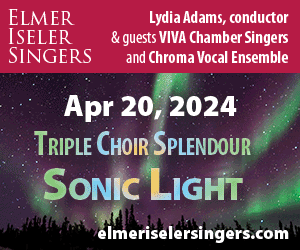Blink Twice - Jackson Welchner
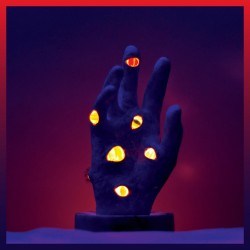 Blink Twice
Blink Twice
Jackson Welchner
Plutoid Records (jacksonwelchner.com)
“Let’s go grab a coffee/and talk about every moment since/since we had last crossed paths.” Blink Twice is comfort music. The harmony is warm, the strings are soft, the rhythms are sweet, the lyrics are reassuring. The five-pattern-synth ostinato on the title track will bounce around your skull for hours as it soothes you into a heightened state of being. Sum of All Strings feels like the chamber movement to end all others, as it meditates on its final figure, with an abrupt fade leaving the listener time to recompose themselves. Sarah Thawer’s ride cymbal shimmers, Michael Davidson’s vibes intrigue, Thom Gill’s arpeggios envelop, while Patrick Smith, Kae Murphy and Anh Phung’s countermelodies positively delight.
Contemporary music that commands perhaps the most respect is the kind that treats the low end with the same respect it treats the mids and highs. Jackson Welchner’s arrangements are an exercise in perfect, immensely cathartic balance. The music is progressive, stylistically well-versed while being astonishingly easy to move to. Welchner’s voice is absolute velvet, while being able to consume the cosmos on The Distance. The versatility is in the consonants, and in the consonance. Nary a second of music doesn’t feel cared for and nurtured. It would be easy to come across as hyperbolic saying it, but at this point in the year, it’s hard to find many first (or second, or third…) listens more holistically gratifying than this.



